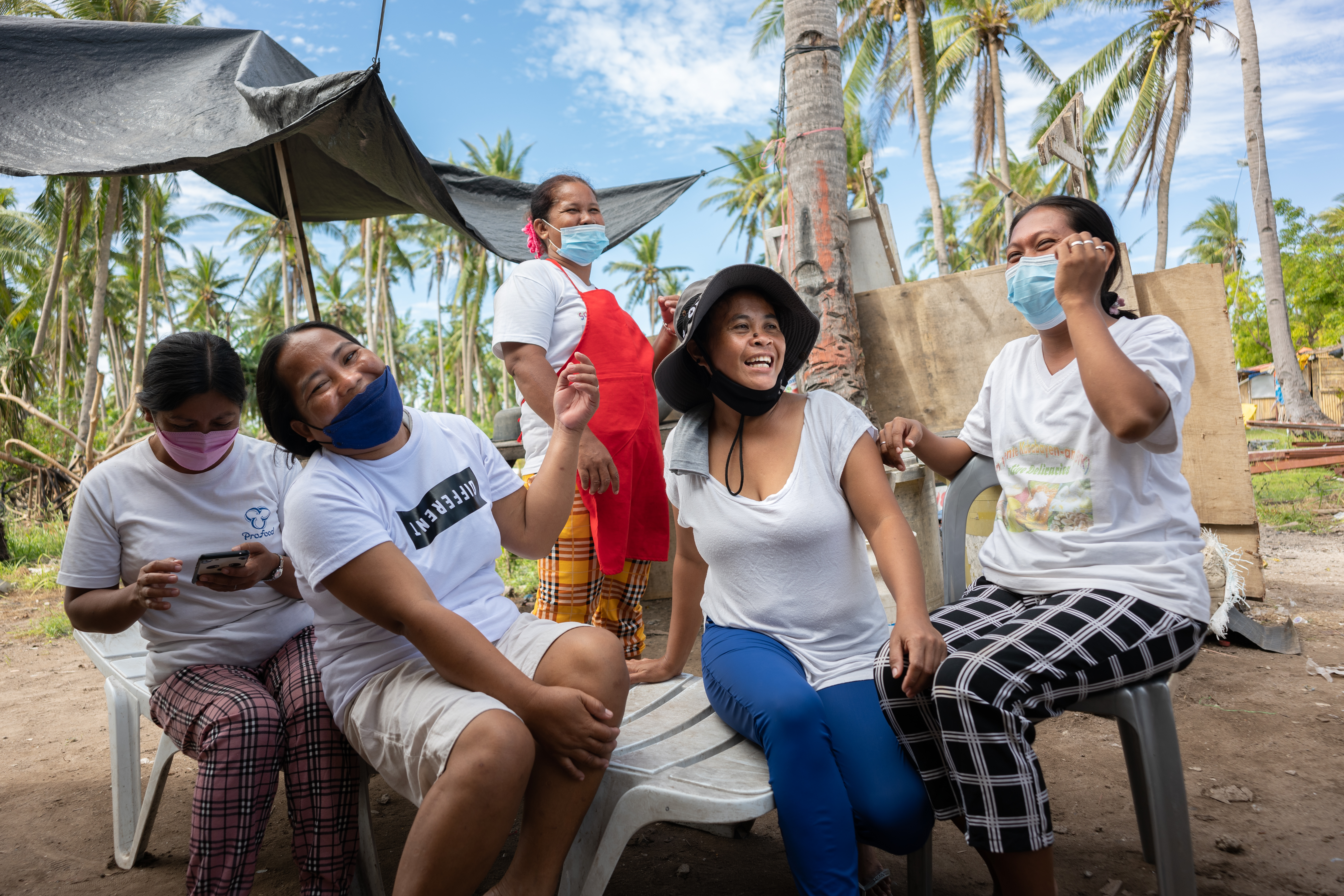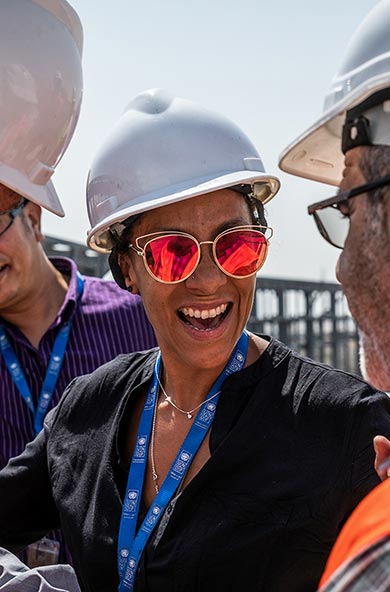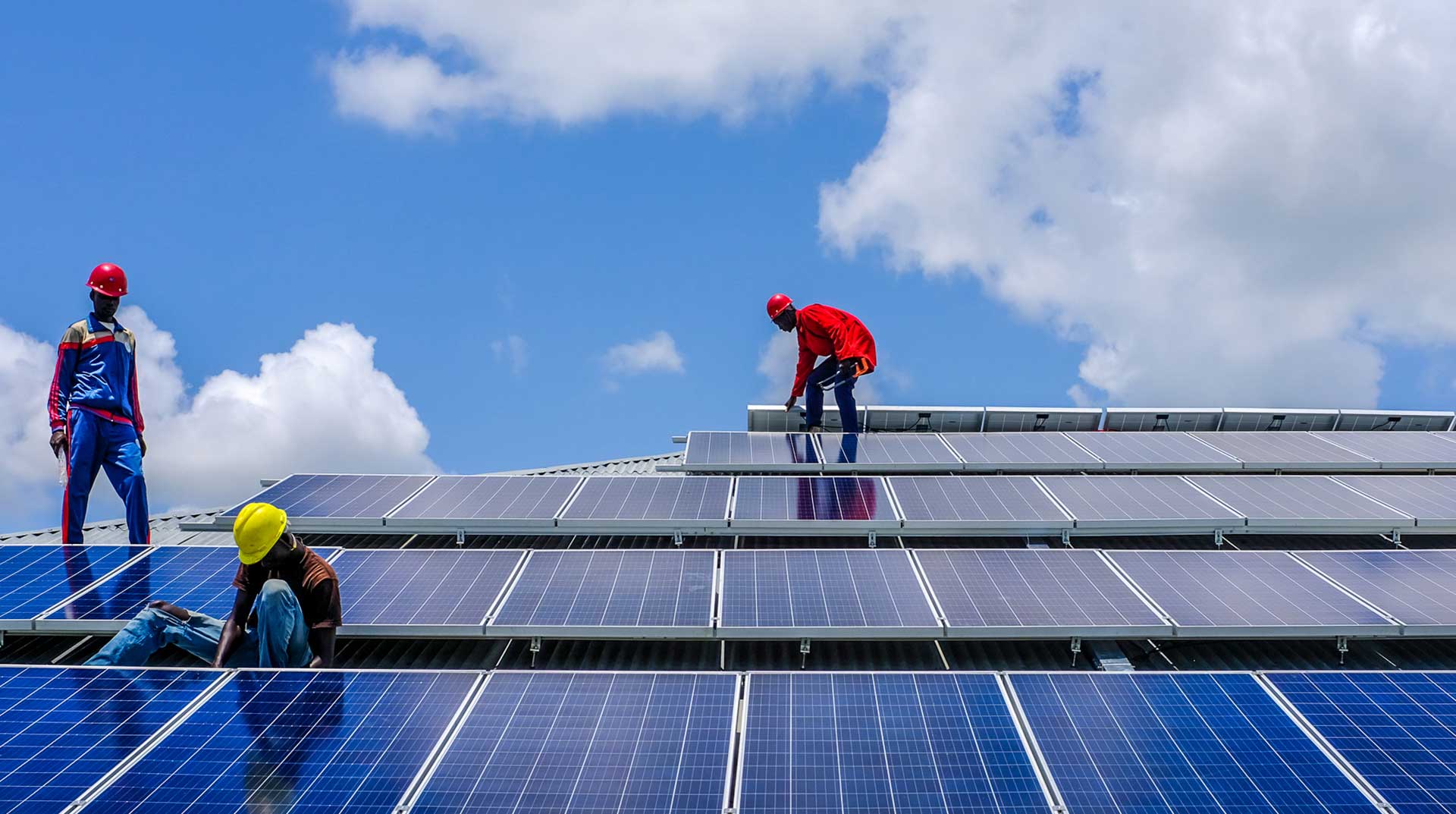UNDP, BLGF Strengthen Gender Equality Focus in Local Taxation
October 13, 2024

Manila, Philippines, September 2024 –The United Nations Development Programme (UNDP), in partnership with the Bureau of Local Government Finance (BLGF), successfully conducted a workshop as part of the ongoing implementation of Equanomics in the Philippines in September.
With funding support from the Republic of South Korea and Luxembourg, the Philippines is one of eight countries participating in the global Equanomics program—UNDP's flagship initiative to dismantle economic structures that perpetuate gender inequality and power imbalances. With support from the Department of Finance (DoF), the Philippines is supporting the strengthening of gender mainstreaming in local taxation through BLGF, recognizing the critical role that local government units (LGUs) play in shaping the country’s fiscal landscape.
In her opening message, BLGF’s Acting Deputy Executive Director for Administration Anastacia Llaneta emphasized the importance of Equanomics in aligning fiscal policies with the government’s commitment to gender equality. “Our work under Equanomics is crucial in ensuring that our policies and practices reflect our dedication to gender equality while empowering our LGUs through strengthened local government finance,” she stated. She also stressed that achieving the Gender Equality Seal for Public Institutions is not just an accolade but a commitment to advancing gender equity within the complex structures of public finance.
Floradema Eleazar, Team Leader of UNDP’s Climate Action Programme, underscored the program’s potential to build on the Philippines' decades-long achievement in gender and development and recent strides in fiscal policy landscape. “The Philippines is among the few nations globally to have fully institutionalized gender-responsive budgeting, providing government stakeholders with the tools to mainstream gender into their work,” she said. She also highlighted the alignment between existing government policies and the Gender Equality Seal’s criteria, which will help BLGF sustain progress towards certification.
The workshop centered on deepening BLGF stakeholders' understanding on the nexus of gender equality, taxation, and public finance and explored key issues at the intersection of these areas while emphasizing BLGF’s crucial role in driving gender-responsive local tax reform as the country’s oversight for LGU’s financial and taxation functions. Facilitated by Mr. David Davidsson from UNDP’s Equanomics Global Team, the sessions brought together frameworks, principles and concepts put together by the program to underscore the gender dimension of taxation and how fiscal policies can be leveraged to advance gender.
Key resource persons included Assistant Secretary Karlo Fermin Adriano from the Department of Finance, who provided an overview of the Philippine fiscal context, and OIC Regional Director Alexander Miguel of BLGF Region III, who led discussions on the Local Public Finance Framework. Additionally, the UNDP Philippine Country Office team delivered sessions on gender-inclusive communications, gender-responsive procurement, and the country’s progress in achieving SDG 5 (Gender Equality).
Another highlight of the workshop was the presentation of the Baseline Assessment as part of BLGF’s certification process for the UNDP Gender Equality Seal and discussion of deliverables under the policy support component of Equanomics. This culminated with the development of the Gender Action Plan outlining preliminary strategies and institutional priorities for BLGF to meet the standards of the Gender Equality Seal for Public Institutions and identification of entry points for gender mainstreaming in the implementation of the landmark Real Property Valuation and Assessment Reform Act which will be the focus of the second component of UNDP’s technical assistance for BLGF through Equanomics.
As the workshop concluded, participants expressed appreciation for the insights they gained, noting that the sessions deepened their understanding of gender-responsive taxation and equipped them with knowledge that can help them strengthen their efforts to drive gender equality within local fiscal policies. They also reaffirmed their commitment to implementing the Gender Equality Seal process, with hopes of achieving a Bronze or even Silver award. [E]

 Locations
Locations

















